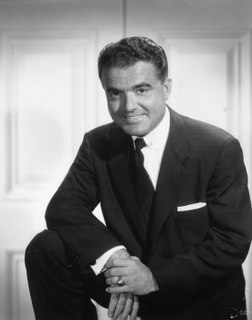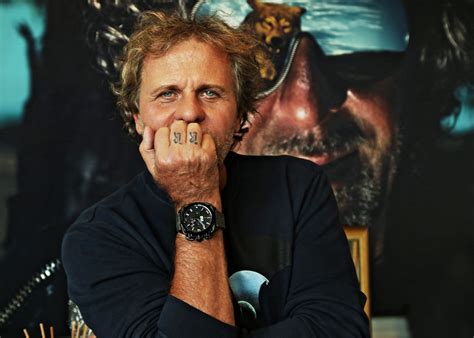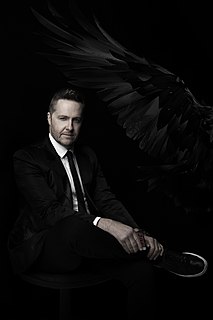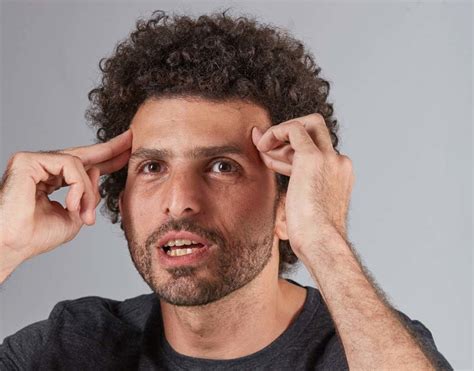A Quote by David Ogilvy
Once upon a time I was riding on the top of a First Avenue bus, when I heard a mythical housewife say to another, "Molly, my dear, I would have bought that new brand of toilet soap if only they hadn't set the body copy in ten point Garamond." Don't you believe it. What really decides consumers to buy or not to buy is the content of your advertising, not its form.
Related Quotes
Instead of creating aesthetically pleasing prose, you have to dig into a product or service, uncover the reasons why consumers would want to buy the product, and present those sales arguments in copy that is read, understood, and reacted to—copy that makes the arguments so convincingly the customer can’t help but want to buy the product being advertised.
Consumers fall in love with a brand and it's important for a brand to develop and stretch itself to provide for their consumers. I don't suspect that a customer will walk into a store to buy a pair of jeans and end up buying a sofa, but it's about providing loyal consumers with a choice to create a lifestyle.
At the end of the day, people (customers) don't necessarily buy into what you do; they buy into why you do it. People buy Apple because they love the Apple brand - what it stands for - they feel proud to be associated with that brand. What makes Google or Virgin or any of these 'superior' brands what they are is that they have a mission to change the world. Those are the kinds of companies that will endure the test of time.
































